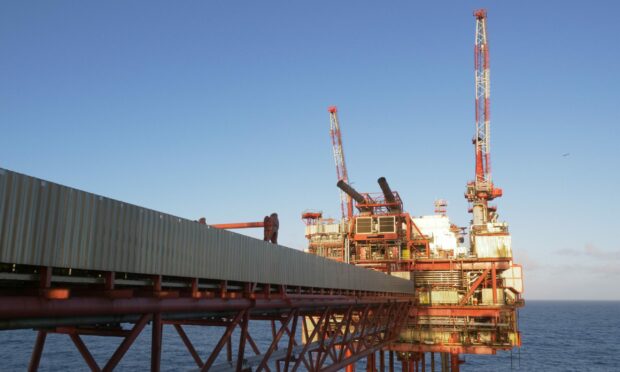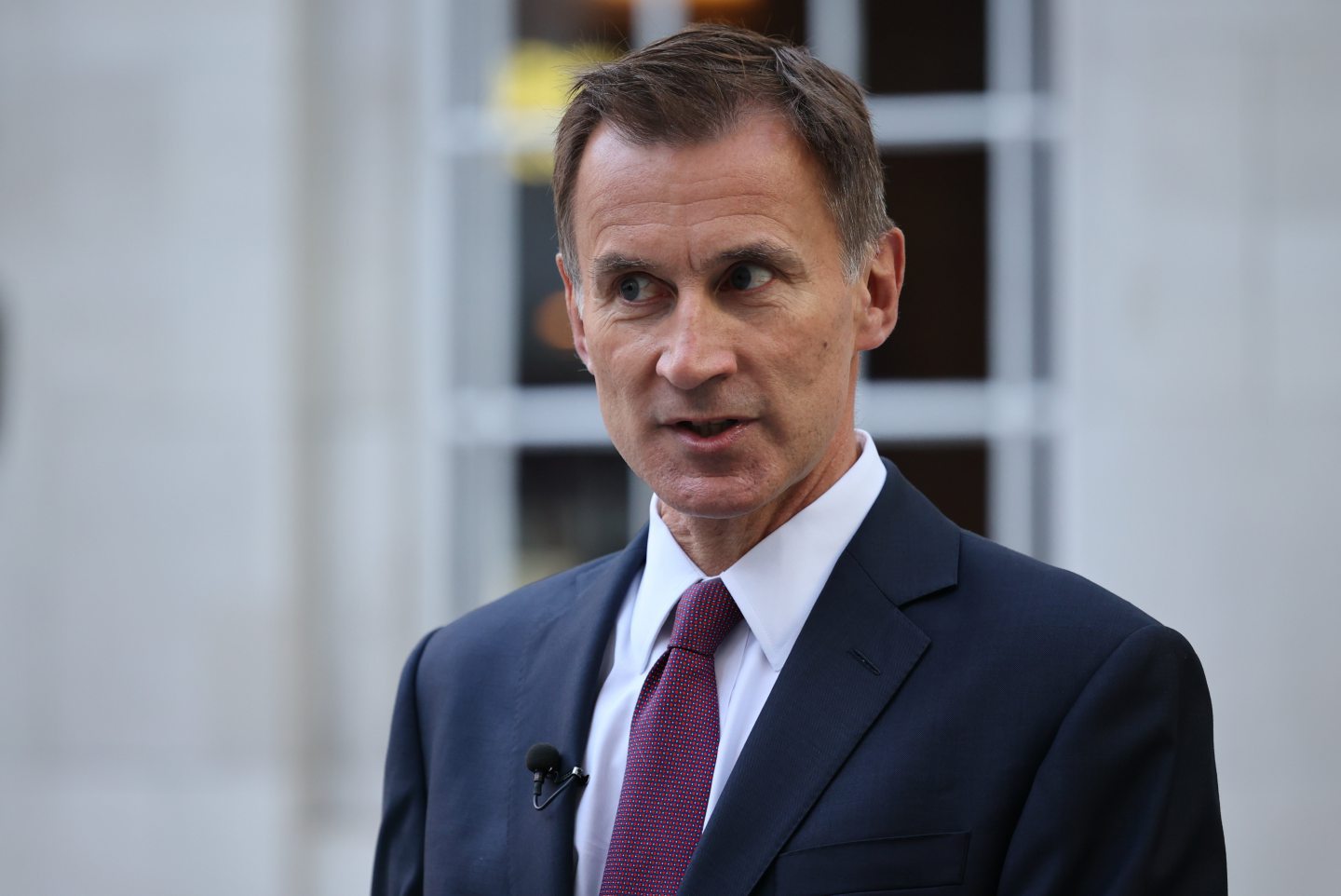“Many” North Sea operators are reconsidering 2023 spending plans due to the windfall tax, the head of an an industry group has warned.
The large and economically critical supply chain is predicted to be especially vulnerable.
Robin Allan, chairman of Brindex – an association of more than 20 independent operators, including Harbour Energy, Ithaca Energy and EnQuest – said he’s “not surprised” to see revisions as firms can no longer “safely plan on fiscal stability”.
Reduced expenditure will negatively impact and damage all of us but particularly damage the service sector in the UK.”
Robin Allan, chairman, Brindex.
The levy will, ultimately hurt, the UK oil and gas industry and its supply chain, he warned.
Mr Allan said: “The windfall taxes on our sector have already led many Brindex members to reconsider their 2023 spending plans.
“This reduced expenditure will negatively impact and damage all of us but particularly damage the service sector in the UK.”
The comments come after Harbour, the top producer in the UK North Sea, said on Thursday it would shun the ongoing licensing round in the sector due to the levy.
And French oil major TotalEnergies, which is not part of Brindex, has said it will cut £100 million from its 2023 spending plan.
Mr Allan wrote to Chancellor Jeremy Hunt last month on behalf of Brindex, which is short for the Association of British Independent Exploration Companies.
He warned increasing the windfall tax could drive investment out of the UK.
Ignoring that and other pleas from across the industry, the chancellor recently increased the levy from 25% to 35% – leaving the sector with a total tax burden of 75%.
‘Manifestly unfair’
Although there is an allowance for new investment, companies without pipelines of spending are harder hit.
Harbour, which invested in new projects prior to the tax, which was introduced at the lower rate earlier this year, is an example.
The 75% total tax rate is “unlike any other industry in the UK”, Mr Allan said, describing the Treasury’s take as “manifestly unfair”.
He added: “I have made clear to the chancellor in writing and in person my dismay at the punitive tax regime that now exists in the UK – a tax regime which, if left unchanged, will be to the severe detriment of our country in terms of energy security, global emissions and industrial investment in the energy transition.
The UK’s offshore industry will be hit hard by the chancellor’s latest tax changes, which threaten to drive out investors, drive up imports and leave consumers increasingly exposed to global shortages. Read more on our reaction to today's budget 👇https://t.co/vCXNdOwt1Y
— Offshore Energies UK (@OEUK_) November 17, 2022
“I am not surprised that many companies in the UK are now reconsidering their investment plans; windfall taxes in any sector deter investment not just in that sector but also across other sectors.
“Investors across the UK can no longer predict their own sector will be able to safely plan on fiscal stability.”
Calls have been made to the chancellor to revise the levy, perhaps by introducing a price floor which would see the extra tax removed if oil and gas prices drop.
Industry leaders had a meeting with Mr Hunt on the issue last week, and Mr Allan said he hoped their lobbying was not falling of deaf ears.
He added: “All of us hope the chancellor will amend certain aspects of the tax to avoid the cliff edge of no further investment in the UK.
“British independent oil and gas companies are now paying 75% tax, unlike any other industry in the UK. This is manifestly unfair and I just hope that he is not deaf to our plight.”


